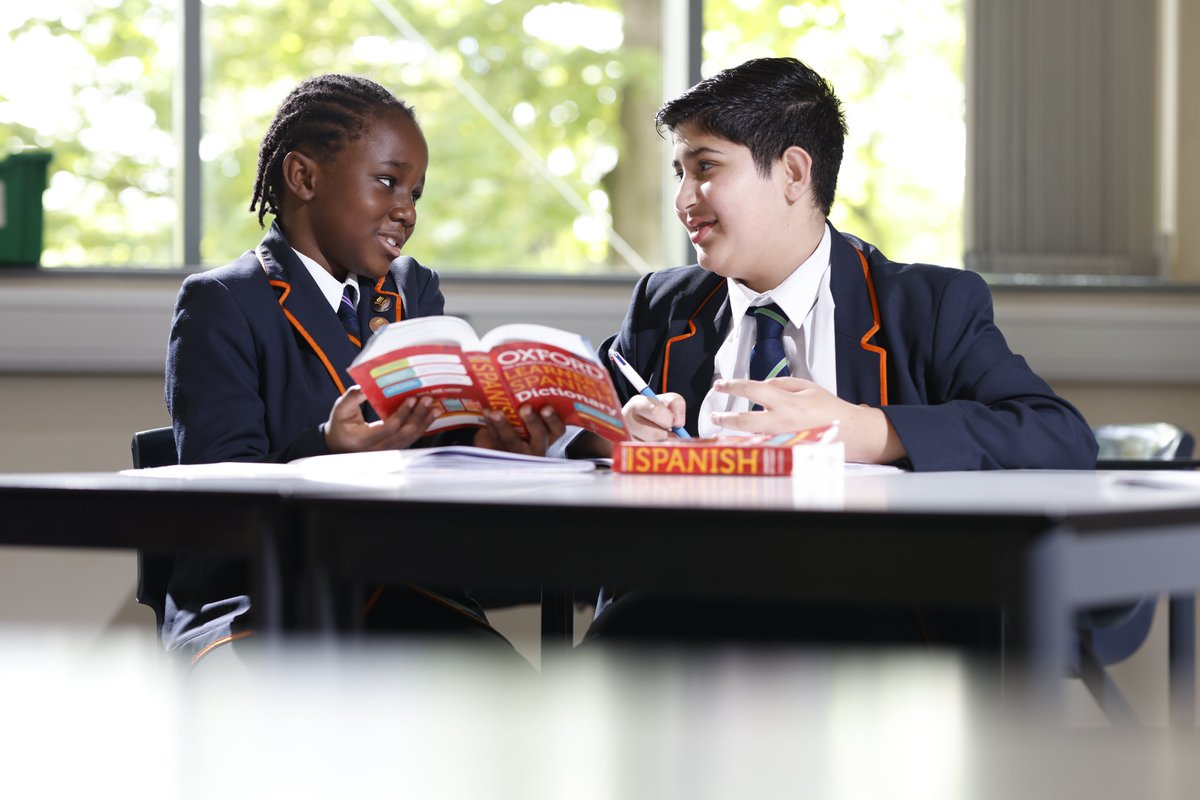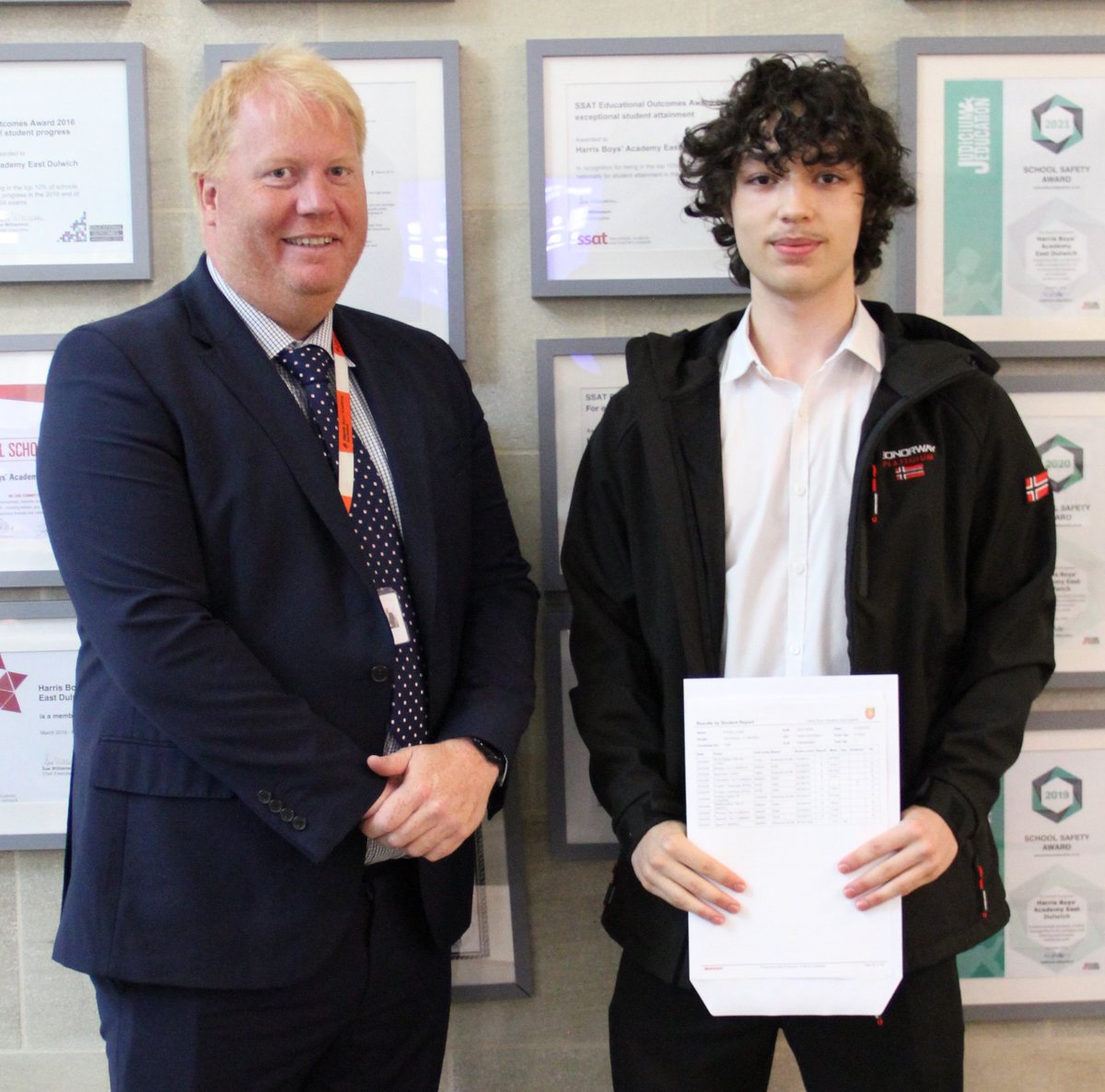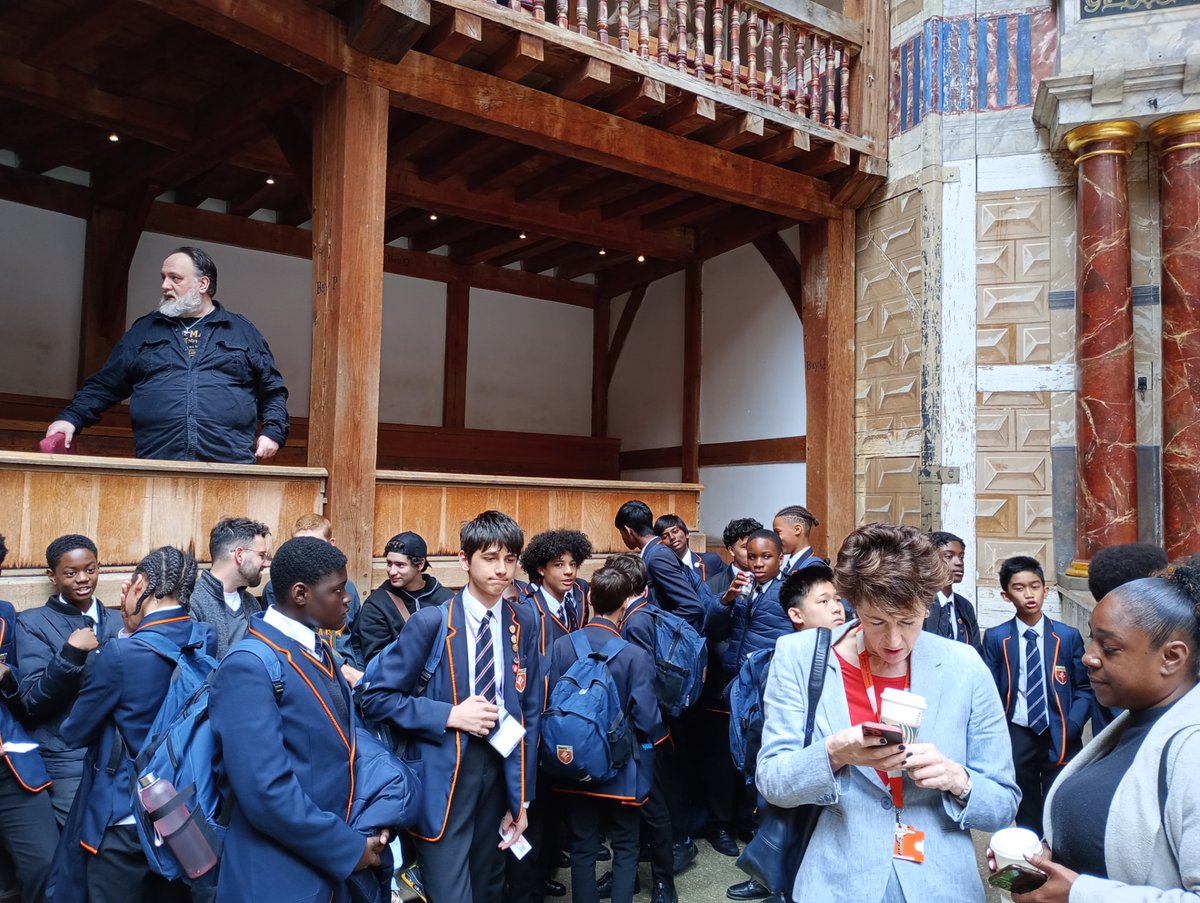
Parent Advice Hub
On this page you will find links to useful websites and other resources relating to issues that parents need to know about. Please see our safeguarding page for details of how we approach safeguarding within the academy.
We will be updating this page regularly as new sources of information and guidance become available.
Preparing for exams
Please visit our Exams Preparation page to find links to published resources which aim to help young people in Years 11 and 13 through the exam period. There is a range of revision guides and tips for students, to support them and help to manage exam pressure.
 Parents - How to cope when you child can't
Parents - How to cope when you child can't
BBC Radio 4 recently released a podcast called 'How to cope when your child can't' which has advice for parents on how to cope when their children are having mental health problems.
The podcast is a collection of experiences and information from psychological research; it includes top tips for parents like problem-solving, self-compassion and creating boundaries. Click HERE to listen to the podcast.
Kooth - mental health support
Kooth, the free online mental wellbeing community for young people, offers monthly information sessions for parents and carers interested in finding out more about Kooth services.
The sessions take your through all that the Kooth website has to offer the young people in your care to support their mental wellbeing - from free counselling chat to age-appropriate articles and mini activities. The session will cover how we can keep young people safe and a live tour of the Kooth site. There will also be an opportunity to ask questions if you wish. Click HERE to find out more.
E-safety
The online world is a wonderful place for young people to explore, with unprecedented opportunities for learning and creativity. But just like the real world there are risks and dangers they should be aware of, and which we can act to protect them from. Although the academy teaches students e-safety as part of the curriculum, it is vital that parents are aware of the risks too, and what they can do to develop a culture of e-safety in the home.
Below you will find some helpful resources for parents that will enable you to help your child stay safe online. If you have any concerns about your child's e-safety, there is always someone at the academy who is available to talk to you. Simply call the school and ask for our Safeguarding Lead (see Safeguarding page for details) or speak to any member of staff. Our e-safety policy can be found on our Safeguarding page.
TikTok
TikTok is a very popular social media platform for young people. Download TikToc: What parents need to know, produced by the Metropolitan Police and National Online Safety. The leaflet also details key safety tips for parents.
If you have any questions or concerns, please don’t hesitate to contact Mr Ingham on h.ingham@harrisdulwichboys.org.uk
Think You Know
The Think You Know website is created by the police for parents of children at secondary school. It contains useful information about:
- what children are doing online
- how to talk to children about what they are doing online
- what risks your child might face
- what tools are there to help them stay safe.
Think You Know have also produced a Parents' Guide to E-Safety and also the following booklets to provide parents/carers with helpful information on how to explore and monitor their children’s apps.
ParentZone
ParentZone is a regularly updated feed of expert information, advice and sources of support for parents on a whole range of parenting themes in the digital age - the emphasis being on helping parents and carers develop their children's resilience to the risks and pressures they face in today's world.
Sexting
The term ‘sexting’ describes the use of technology to share intimate images of yourself. It’s a word-mix of sex and texting. The content can vary, from text messages to images of partial nudity to sexual images or videos. For more information and guidance for parents and children visit the Childnet website.
Other useful e-safety resources for parents
 Download the presentation from our latest parents e-safety evening
Download the presentation from our latest parents e-safety evening
www.internetmatters.org - tools, tips and resources to help children benefit from connected technology smartly and safely
List of helpful online resources produced by Childnet
www.childnet.com – Visit the ‘Know It All’ Section for an interactive guide about online safety
www.getsafeonline.org – Free up-to-date security advice
www.ceop.police.uk – Website of the Child Exploitation and Online Protection Centre
www.bbc.co.uk/onlinesafety – guidance about how to make the most of being online while staying safe.
www.nspcc.org.uk/preventing-abuse/keeping-children-safe/share-aware - the NSPCC has launched the Share Aware campaign which provides straightforward advice to parents on how to keep their 8-12-year-olds safe on social networks
https://www.saferinternet.org.uk/professionals-online-safety-helpline - resources for professionals working in the area of safeguarding with children and young people, but could be of interest to parents too
Click HERE to download Ten Top Tips for parents and carers on online safety.
talk.iwf.org.uk - 1 in 4 teenagers receives unwanted sexual messages online. This website from the Internet Watch Foundation explains what parents need to know about online child sex abuse and what they can do to keep their children safe.
www.nationalonlinesafety.com - Online safety guides for parents and carers on a wide range of social media apps and platforms including Instagram, Minecraft, WhatsApp, Twitter and many more.
www.saferinternet.org.uk – Childnet International has produced guidance for parents and carers on looking after the digital wellbeing of children and young people. The guidance includes top tips to support young people at this age and ideas to help start a conversation about digital wellbeing.
The Welsh Government also has a very useful resources page, including links to a new series of ‘Start the Conversation’ films and guides especially for families about important online safety issues.
E-safety - parental control
OurPact (https://ourpact.com/) is an app that parents can download which allows them to control their child’s internet usage. It lets parents set times that their child can access WiFi or 4G networks on their phones. It can be operated remotely, so the child has no control over it. And it also shows parents what apps the child downloads.
Lots of us rely on technology for entertainment and keeping in touch with friends and family. You may find useful the following articles from ‘Thinkuknow’, an education programme from the National Crime Agency’s Child Exploitation and Online Protection programme, to you keep your children safer online:
- A parent's guide to privacy settings
- Gaming: what parents and carers need to know
- What is the Internet of Things (IoT)?
Indecent images of children: guidance for young people
The Home Office has published guidance to help young people understand the law on making or sharing indecent images of children. The guidance includes:
- definitions of some of the terms used in legislation
- examples of situations covered by the law
- three short films highlighting the harm that viewing indecent images of children can cause.
Childline have created a tool to help remove a nude image shared online. Please use the link to access this facility.
Concerns about the Dark Web?
The National Crime Agency in collaboration with the Children’s Society and the Marie Collins Foundation have created a short informational film and factsheet for parents and carers and can be accessed via the link below.
The resource has been created in response to recommendations from professionals and from research which found that many parents and carers do not understand the Dark Web and feel unequipped to talk to a young person should the need arise.
It aims to support parents and carers to understand the Dark Web, young people's use of it and how to discuss issues around it with young people who are using it.
Click HERE to watch the films and download the factsheets about the Dark Web.
Self-harm
Self-harm is when people hurt themselves as a way of dealing with very difficult feelings, painful memories or overwhelming situations and experiences. Self-harm is a complex issue and some people have described it as a way to express something that is hard to put into words, turn invisible thoughts or feelings into something visible, change emotional pain into physical pain or reduce overwhelming emotional feelings or thoughts.
Some people may describe a short-term sense of release after self-harming, but the cause of their distress is unlikely to have gone away. Even though there are always reasons underneath someone hurting themselves, self-harm does carry obvious risks and once people have started to depend on self-harm, it can take a long time to stop.
If you are worried that your son or one of his peers is self-harming, please do not hesitate to get in touch with us so that we can work together to implement support. You can also find resources for support at the following links.
Support for young people
- mind.org.uk/information-support/types-of-mental-health-problems/self-harm/about-self-harm/
- selfharm.co.uk
- selfinjurysupport.org.uk - urgent help
- calmharm.co.uk
- kooth.com
Support for adults
Click HERE to download Coping With Self-Harm: A Guide for Parents/Carers.
www.qwell.io offers anonymous remote one-to-one mental health support and guidance for adults.
 Sexual harassment and abuse
Sexual harassment and abuse
Online Sexual Harassment - A guide for parents from the Children's Commissioner. Please have a look at this useful guide from the Children’s Commissioner for England which provides lots of valuable guidance and advice for parents about sexual harassment online.
The Stop Abuse Together website brings together advice and resources to help you keep the children in your life safe from sexual abuse.
Gangs
A gang can be summarised as a group who see themselves and are seen by others as a gang, and for whom crime and violence are a central part of their activities. Children and young people face all sorts of pressures, including possibly feeling pressure to follow friends who may be in a gang. If you have any concerns or questions about gangs please do contact our safer schools police officer (contact details below). You might also like to read the Home Office leaflet Gangs: You and Your Child which gives advice to parents on gangs and how to help children make the right choices.
What is a 'money mule'?
More young people across the UK are being approached by criminals who want to use their bank accounts or pin numbers for criminal purposes. This is called being a ‘money mule’. A ‘mule account’ is used to hide money that comes from illegal activities. The young person may be asked to transfer money, allow access to their account or open up a new one. Sometimes criminals will try and force young people to become mules or they might offer financial incentives such as cash or mobile phone credit.
We need your support to help educate young people around this issue. Has your child been approached or asked for their bank account to be used? Check any bank statements. Is there money going in and out that cannot be accounted for? Ask questions if you are unsure about anything.
Bank accounts are private and must only be used by the account holder. Any misuse could not only be criminal but could cause serious credit issues for the account holder. Police are working in partnership with many schools across London to combat this issue. If you have any concerns, speak to your Safer Schools Police Officer (see below) and/or Action Fraud (www.actionfraud.police.uk) on 0300 123 2040.
Drugs networks ('County lines')
The National Crime Agency, the UK body charged with fighting organised crime, is very concerned that crime gangs are taking over drug networks using telephone hotlines (called 'county lines') and recruiting vulnerable people, often children, to act as couriers and to sell drugs. Please see our information sheet about 'county lines' and 'cuckooing' - the practice whereby professional drug dealers take over the property of a vulnerable person and use it as a place from which to run their drugs business.
Drugs - Edibles
Click HERE to read information for parents from the Metropolitan Police about edible drugs and what to look for on packaging that may look like sweets.
Ukraine - supporting your child
Parents and carers might find the following links helpful when it comes to supporting children who are worried about the situation in Ukraine.
- Supporting a child if they see upsetting content online about what is happening in Ukraine - article on Childnet.com
- We should not hide from children what is happening in Ukraine - article on schoolsweek.co.uk by the Children's Commissioner
- How to talk to children about what’s happening in Ukraine and World War Three anxiety - article on metro.co.uk
- Help for teachers and families to talk to pupils about Russia’s invasion of Ukraine and how to help them avoid misinformation - Department for Education guidance




























